Kosovo and Serbia have reached an agreement on implementing an EU-backed deal to normalise ties after 12 hours of talks, EU foreign policy chief Josep Borrell has said, describing negotiations as difficult, but Serbian leader refused to sign the pact.
“Kosovo and Serbia have agreed on the implementation annex of the agreement on the path to normalisation of relations between them,” Borrell told reporters late on Saturday after meeting the leaders of both countries in the North Macedonian town of Ohrid.
Borrell also touched upon a proposed association of Serbian municipalities in Kosovo, which would give greater autonomy to Serbian majority municipalities, a long disputed topic.
“Kosovo has agreed to launch immediately — and when I am saying immediately, I mean immediately — negotiations with the European Union facilitated dialogue on establishing a specific arrangement and guarantees to ensure an appropriated level of self-management for the Serbian communities in Kosovo,” the EU top diplomat said.
Serbian President Aleksandar Vucic said that Kosovo and Serbia have reached “some kind of a deal” on implementing a Western-backed deal to normalise ties.
“We have agreed on some points, not on all points. This is not the final deal,” Vucic told reporters in Ohrid in North Macedonia.
He said that despite disagreements on some issues, talks with Kosovo Prime Minister Albin Kurti were “decent”.
Vucic was lukewarm about the day’s results.
“I think we have made one important step in a constructive atmosphere and we will start to work on something. Of course, it was not some D-day but it was an okay day,” said Vucic.
He said Serbia’s path towards EU membership will be conditioned on implementing the deal.
PM Kurti said, “This is a de facto recognition between Kosovo and Serbia” since Serbia has not yet signed the agreement.
Kosovo’s Kurti said he was ready to sign the document, but blamed Serbia’s leader for failing to sign off on the plan for a second time.
“The other side, just as in the last meeting in Brussels on February 27, is avoiding signing the agreement, now also with the annex,” Kurti told reporters.
“It is now up to the European Union to find a mechanism to make the status of this agreement legally and internationally binding.”
“I am optimistic,” Kurti said ahead of the meetings in the lakeside town of Ohrid.
“I came here with a good aim, with a good will and with trust that what was agreed before…will continue here through the talks for the implementation plan, and in this way have a final deal on the normalisation.”
Borrell said the EU will now forcefully demand both sides to fulfil obligations if they want to join the bloc, warning there would be consequences otherwise.
In the annex on the implementation of the agreement published on Saturday evening, the EU committed to organising a donor conference within 150 days to set up an investment and financial aid package for Kosovo and Serbia.
READ MORE:
Serbia’s Vucic rules out signing EU-facilitated agreement with Kosovo
Kosovo-Serbia tensions
Kosovo declared independence in 2008, almost a decade after an uprising brought an end to Serbian rule.
Kosovo and Serbia agreed in Brussels last month to a
Western-backed deal to normalise relations, following nearly 10
years of EU-mediated dialogue during which little progress was
made.
Thousands protested in Belgrade on Friday against the EU
plan which they see as de facto recognition of Kosovo
independence.
NATO bombed Serbia in 1999 in response to the expulsion of Kosovo’s majority Albanians by Serbian forces after which Belgrade lost control of its southern province.
READ MORE: Kosovo, Serbia endorse Western-backed deal to normalise ties: EU

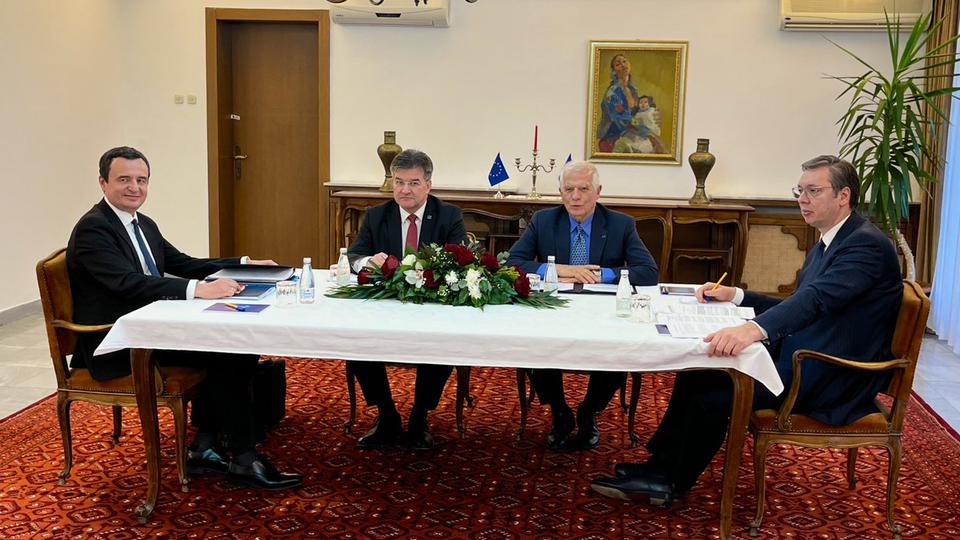


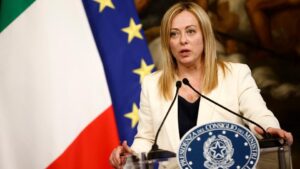

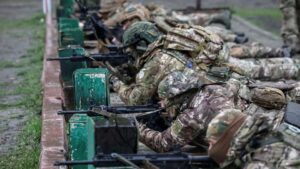

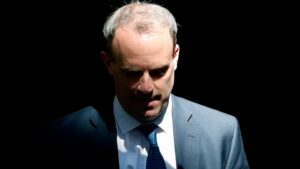



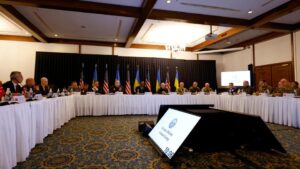
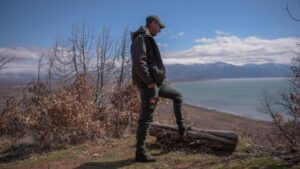
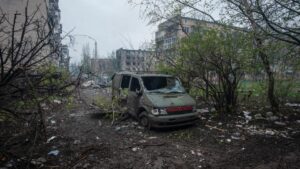
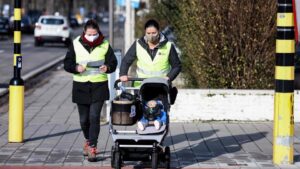
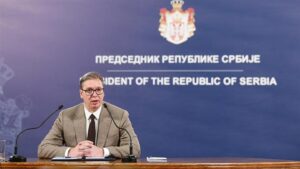

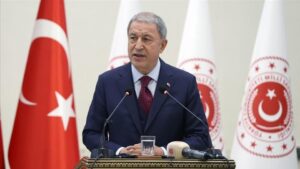
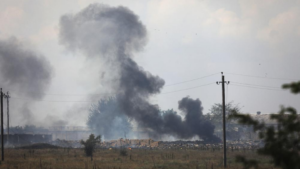
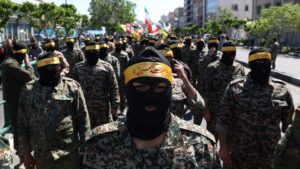

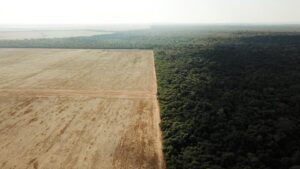

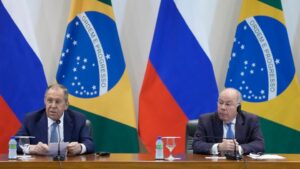

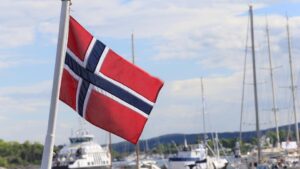

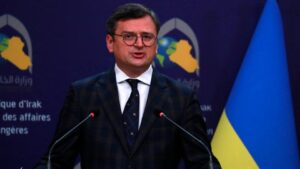
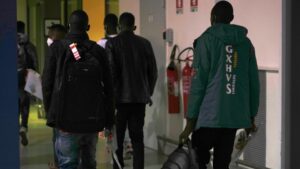

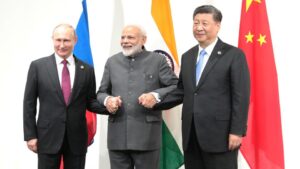





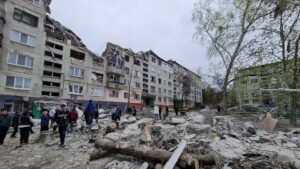
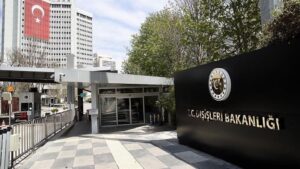




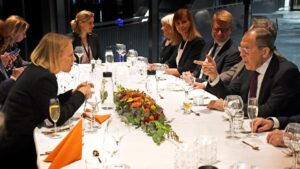
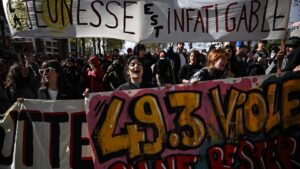
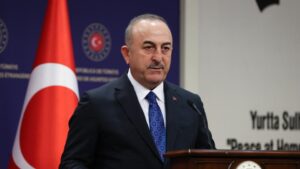
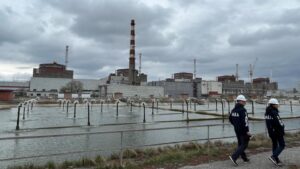
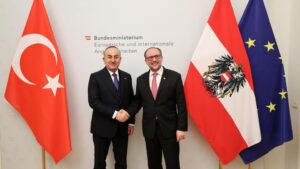



Be First to Comment